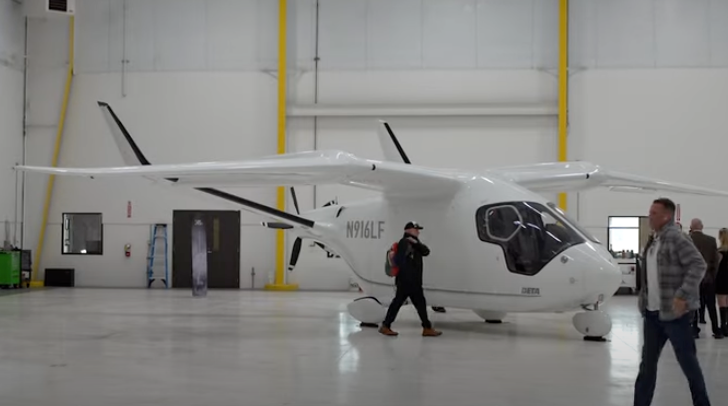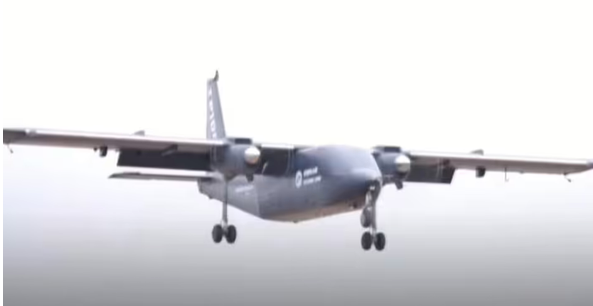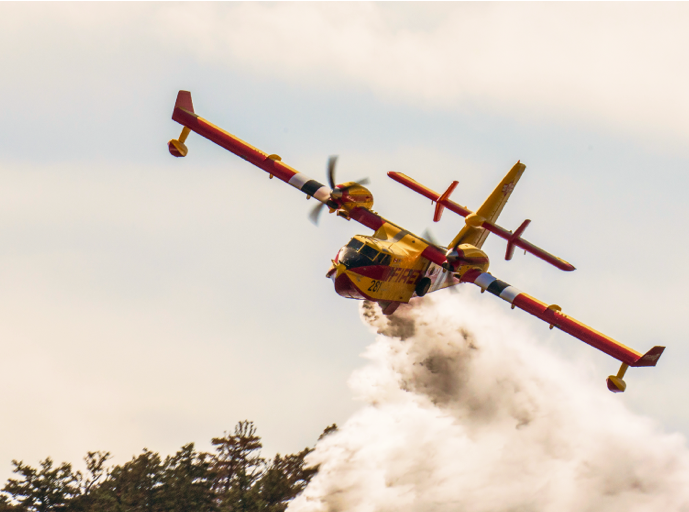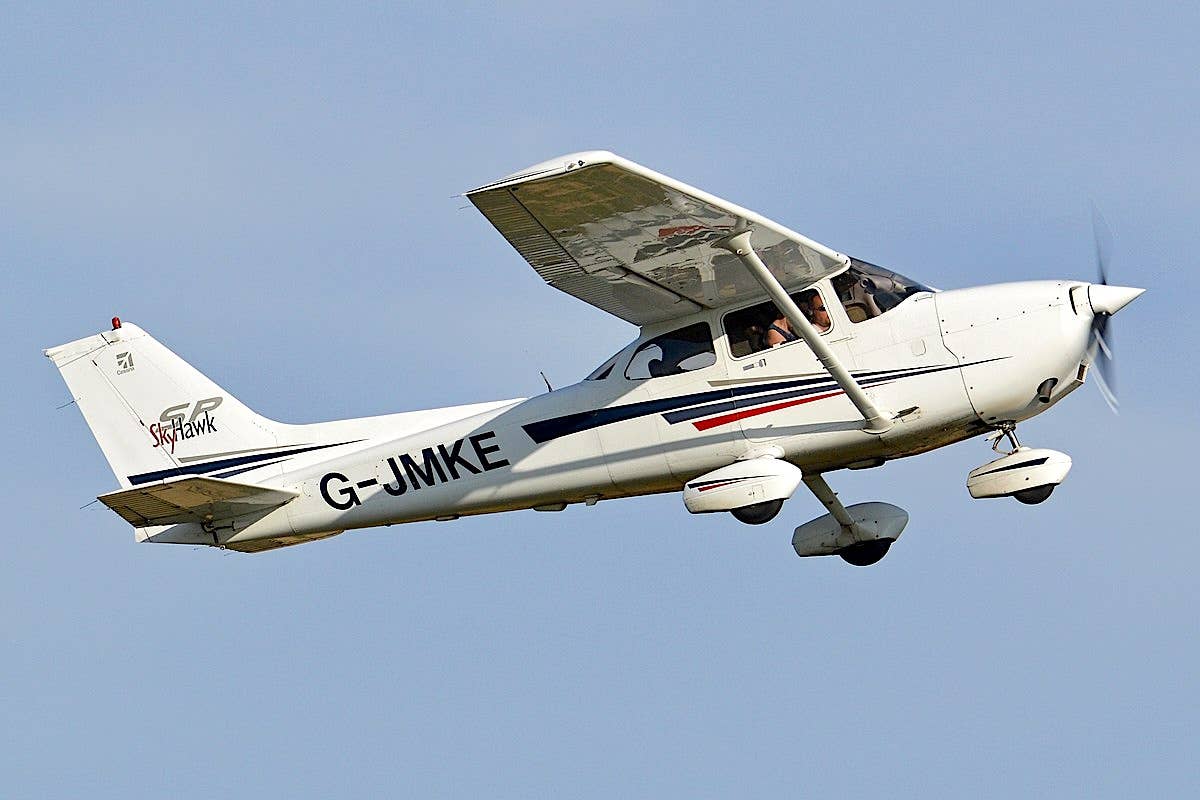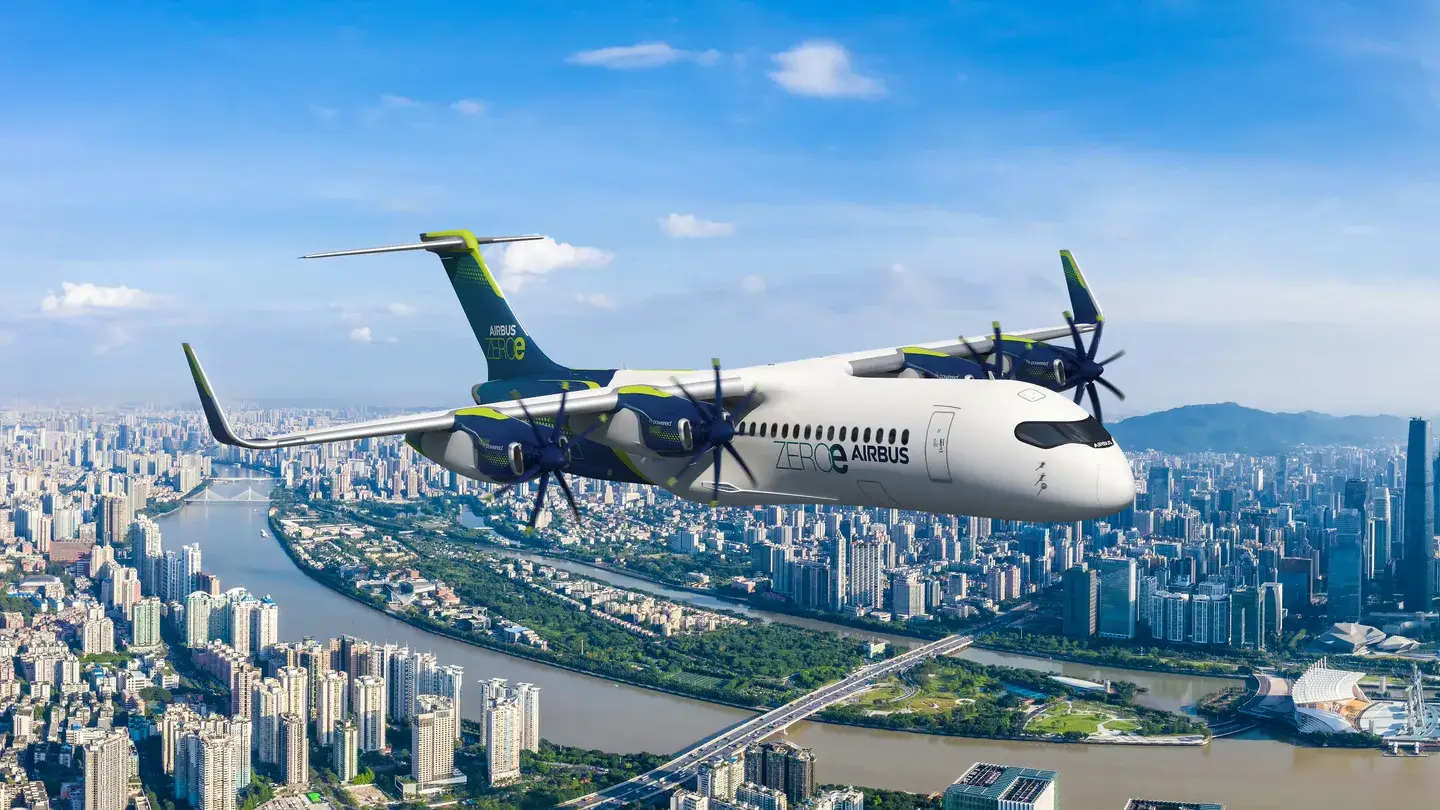New SAF Emissions Study Launched
Airbus and Rolls-Royce have launched a project to study how using 100 percent sustainable aviation fuel (SAF) affects aircraft emissions and performance. The study, which is being conducted in partnership…
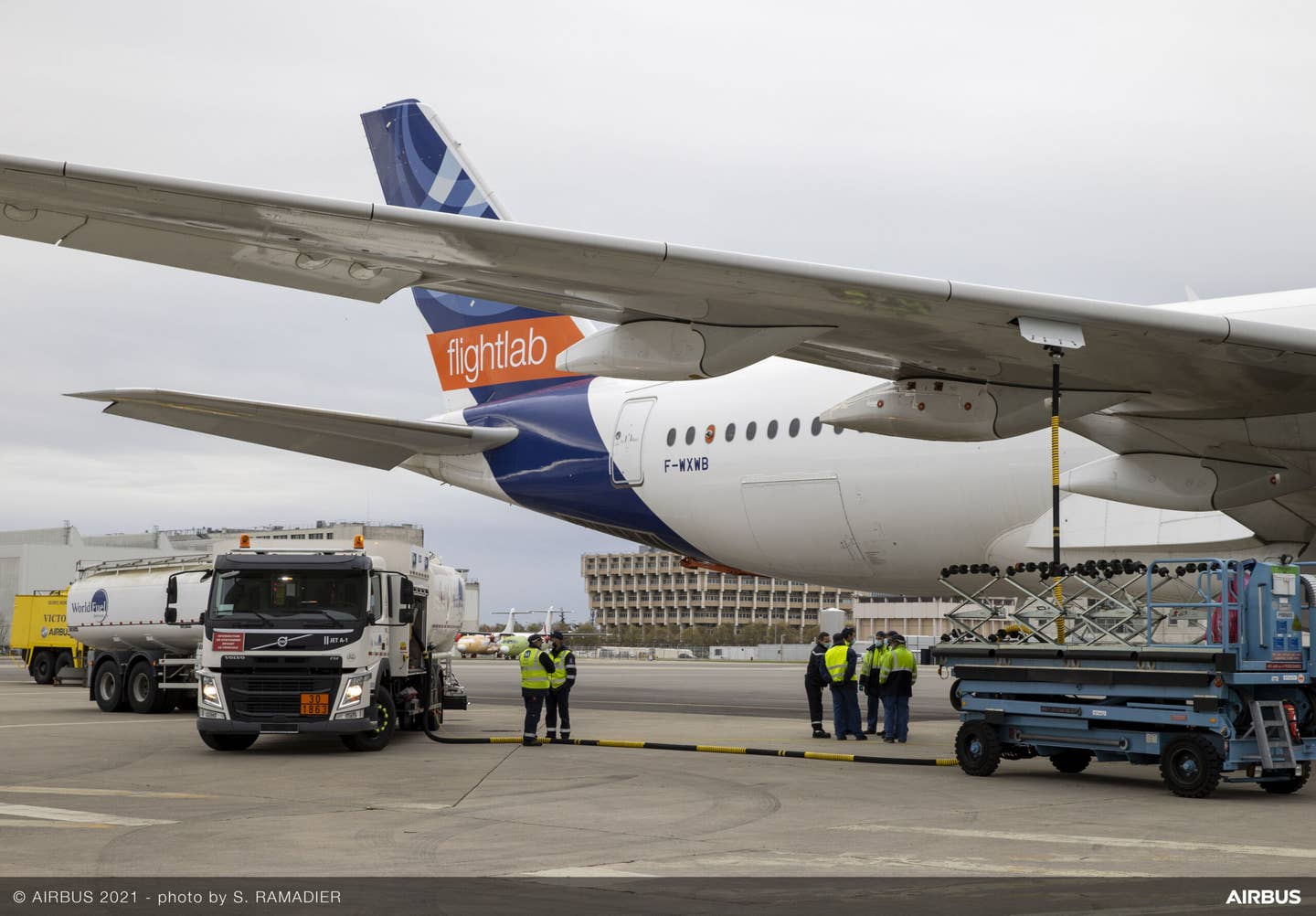
Image: Airbus
Airbus and Rolls-Royce have launched a project to study how using 100 percent sustainable aviation fuel (SAF) affects aircraft emissions and performance. The study, which is being conducted in partnership with German research center DLR and SAF producer Neste, will use an Airbus A350-900 aircraft powered by Rolls-Royce Trent XWB engines. It will include both on-the-ground and in-flight testing.
“Aircraft can currently only operate using a maximum 50% blend of SAF and fossil kerosene,” said Airbus New Energy Programme manager Steven Le Moing. “This exciting collaboration will not only provide insight into how gas-turbine engines function using 100% SAF with a view to certification, but identify the potential emissions reductions and environmental benefits of using such fuels in flight on a commercial aircraft too.”
Fuel-clearance engine tests began this week at Airbus’ facility in Toulouse, France. Flight emissions tests, the first ever to be conducted on a wide-body passenger aircraft using 100 percent SAF, are expected to begin in April. According to Airbus, both flight and ground tests will compare emissions from the use of 100 percent SAF produced with hydroprocessed esters and fatty acids (HEFA) to those from using fossil kerosene and low-sulphur fossil kerosene.

